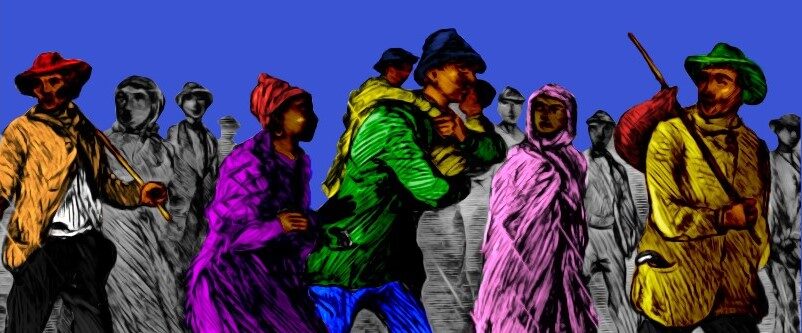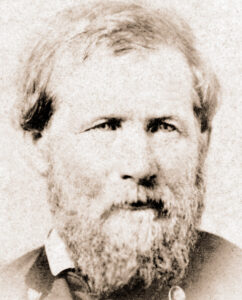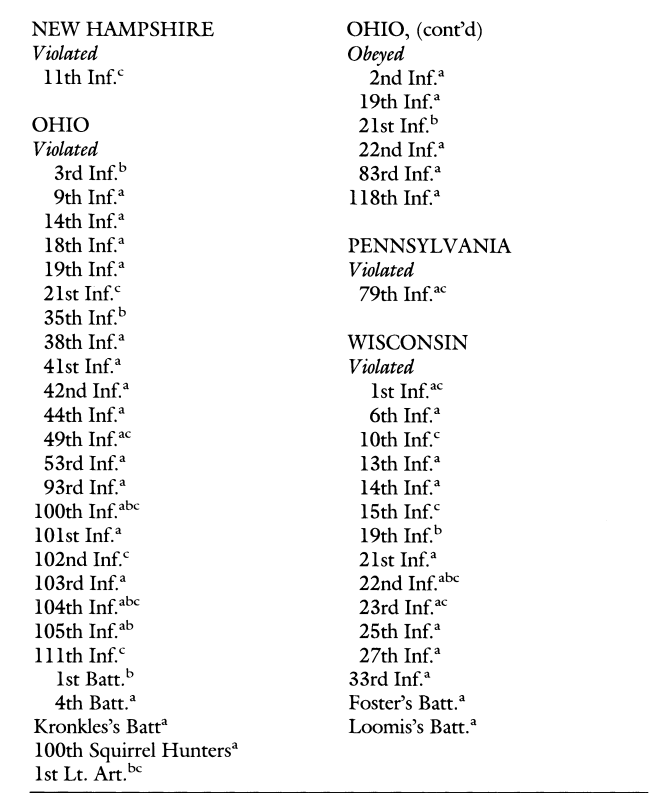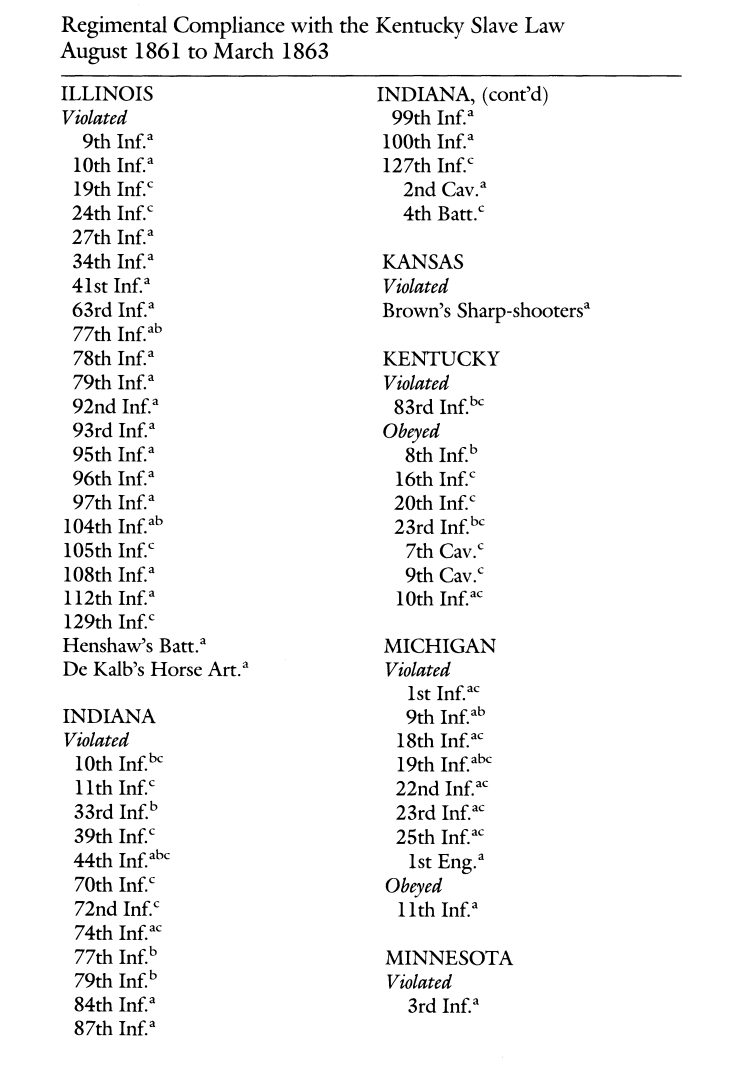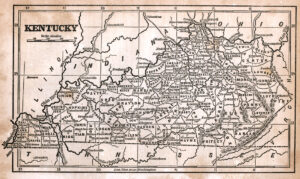After General John M. Palmer received Union top command in Kentucky during February 1865, he wanted to help abolish the institution of slavery. [1] However as he began contemplating ways to break the grasp of slaveholders in the border state, he realized that most of his efforts were late, because “emancipation had been pretty well established by the blacks themselves.”[2]
In Victor B. Howard’s book Black Liberation in Kentucky Emancipation and Freedom, the word “stampede” does appear. Yet the conditions shaping the growing black liberation in the state clearly derived from numerous wartime group escapes . It was common for freedom-seekers to sneak into the Union Army camps to find shelter. General John Logan noted how the slaves were “freeing themselves” in Kentucky. [3]
- List of offenders of Kentucky’s Slavery laws continued (Howard, Black Liberation in Kentucky)
- List of offenders of Kentucky’s Slavery laws (Howard, Black Liberation in Kentucky)
Howard often points out how the Union Army in Kentucky could be protective of freedom seekers, showing the willingness of at least some soldiers to break orders in the name of helping runaways. One example of this happened in late fall of 1862:
“On the march from Lexington to Frankfort in November 1862, the Twenty-third Wisconsin Infantry took a slave into the ranks. His master immediately appeared and, placing a pistol against the slave’s head, threatened to blow his brains out unless he returned home. The black agreed to obey the slaveholder, but the colonel of the regiment rode up, took custody of the slave, and informed the master that he would need an order from the general before he could recover his property.”[4]
Another instance from June of 1864 occurred when the commandant of a Union army camp ordered a freedom seeker to be remanded to her master. Yet when the guards grabbed her, she begged “the guards to shoot her on the spot rather than deliver her to her cruel master.”[5] Moved by her pleas, some soldiers snuck her out of the camp to safety.
Howard not only details the actions of the various army regiments and how they affected freedom seeking, but also the political infighting over emancipation policy between President Abraham Lincoln, Secretary of State William Seward, and other members of the United States government.
Endnotes:
[1] Victor B. Howard, Black Liberation in Kentucky Emancipation and Freedom, 1862-1884 (Lexington, Kentucky: The University Press of Kentucky, 2015), 78.
[2] Howard, 80.
[3] Howard, 17.
[4] Howard, 14.
[5] Howard, 119-120.
